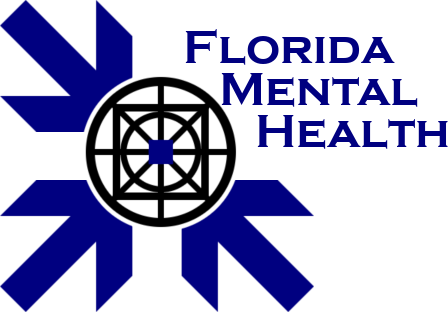Upcoming Trainings
- No Upcoming Trainings
Presented by Lucy S. Lauer, LMHC
Participants will gain knowledge in evaluation and treatment of clients with Disordered Eating symptomology. While diagnosed eating disorders affect 1-3% of the general population, they comprise a much higher proportion of the clinical population. In addition, as body dissatisfaction, dieting, and fear of obesity become ubiquitous in our society, most practitioners will encounter clients with some level of disordered eating during their professional career. Since eating disordered behaviors and attitudes are often ego-syntonic and/or practiced in secret, clinicians need to be able to identify these symptoms in order to effectively treat clients who may not self-disclose them. The challenges of treating eating disorders are well documented, and this program is designed to provide some tools for the clinician to use in addressing this population.
Learning Objectives
Identify the spectrum of disordered eating behaviors from sub-clinical to life-threatening
Learn to conduct a thorough assessment of the disordered eating client
Describe effective treatment interventions appropriate to the stage of the disorder.
Describe function of disordered eating behaviors
Identify specific therapeutic challenges in working with this population
Define goals of recovery for the eating disordered client
Outline
- Overview of the Spectrum of Disordered Eating
- Characteristics of Eating Disordered Clients
- Elements of a Thorough Assessment
- Co-morbid psychopathology
- Family of origin
- Current level of psychological functioning – degree of rigidity
- Identifying the Functions of Disordered Eating Behaviors
- Treatment Considerations
- Therapeutic Challenges
- Therapist Factors
- Goals Of Therapy
- Effective Treatment Approaches
- Respect for role of ED behaviors
- Relevance of the addiction model
- Motivational interviewing
- Affect regulation
- Skill building: coping, communication, self-care, self-awareness
- Relational healing
- Involvement of significant others
- Working with a Treatment Team
- Nutrition Considerations
